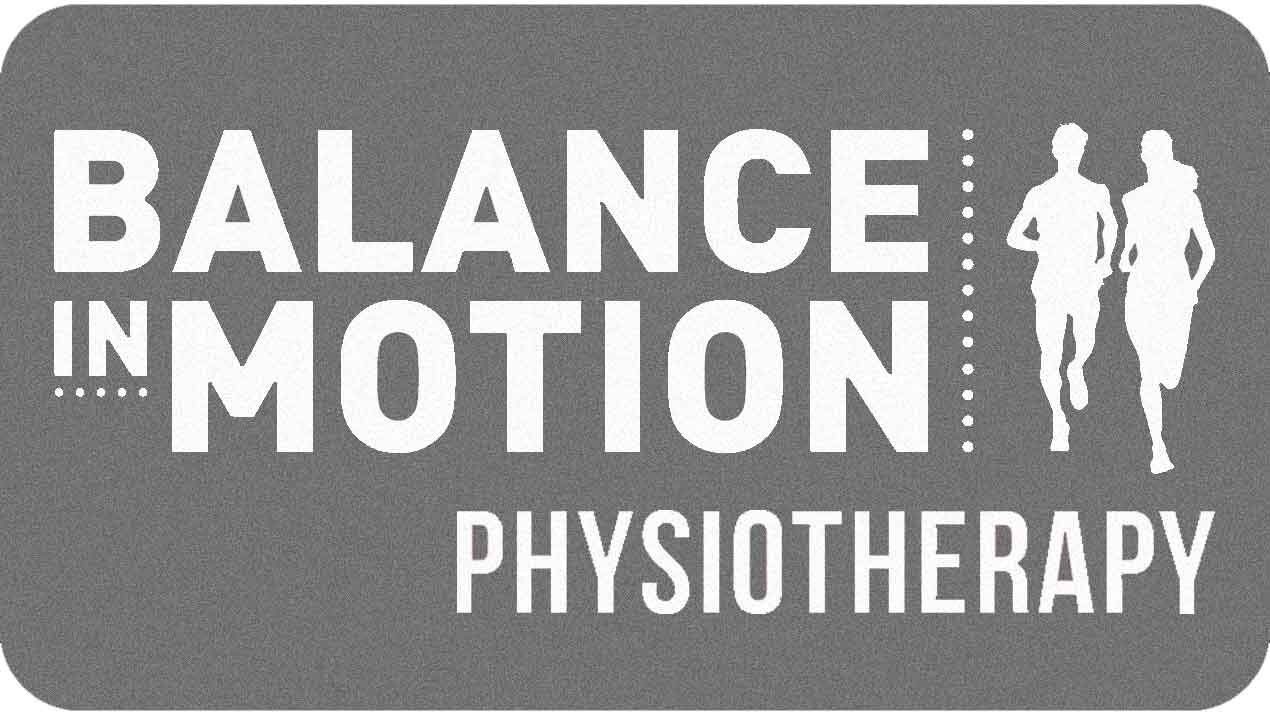When does a Niggle become an Injury
/We've all been there—something doesn’t feel quite right. A little ache in your back, a tight hamstring, or that annoying shoulder twinge. At first, it's easy to brush it off as a mere "niggle." It’s nothing serious, right? But what happens when that niggle starts getting louder, more persistent, or……turns into full-blown pain?
So, how do you know when your harmless little niggle has crossed the line into injury territory? Let’s dive in!
What is a Niggle, Anyway?
Think of a niggle as your body’s version of a warning light on the dashboard. It's a minor discomfort—maybe a stiff neck after a long day at your desk or a little tightness in your calf after a run. It’s not a huge deal, but it’s your body giving you a nudge that something could be out of balance. If you ignore it long enough, though, it can develop into something more serious.
How Does a Niggle Turn Into an Injury?
Imagine you’ve got a small crack in a sidewalk. It’s not a big deal at first, but every time you walk over it, you step just a bit harder, and eventually, that crack turns into a pothole. The same thing can happen with niggles. Here's how:
1. Overuse: Pushing through the pain can lead to overloading your muscles and joints. It’s like constantly putting pressure on that crack—it gets bigger and bigger until you can’t ignore it anymore.
2. Changing How You Move: Maybe you start limping to avoid that knee pain, or you shift your posture to protect your back. But when you change the way you move, you're putting extra strain on other parts of your body, which can lead to even more issues.
3. Skipping Recovery: Recovery isn’t just for athletes. If you don’t give your body time to repair itself after activity, you risk turning a small irritation into a full-blown injury.
How to Spot the Shift: When Does a Niggle Become an Injury?
It can be tricky to know when to worry. Here are some signs that your “niggle” might be evolving into something more serious:
- Pain that Doesn’t Quit: If your discomfort sticks around longer than a couple of days—or, worse, it gets worse over time—it’s probably more than just a niggle.
- Swelling or Redness: Swelling, warmth, or redness is your body’s way of saying, “Hey, something’s up here!” It’s a sure sign you’ve moved from a mild issue to an injury that needs attention.
- You Can’t Move Like You Used To: If you can’t bend, stretch, or twist without feeling pain, that’s your cue to back off and seek help.
- Instability or Weakness: If you feel like your joint might give out or you suddenly have trouble with strength, it could be a red flag that something’s wrong.
What to Do if You Think You’ve Got an Injury
Okay, so the niggle has crossed the line, and now you’ve got an injury on your hands. What next? Here’s your game plan:
1. Rest: The best way to stop an injury from worsening is to offload it. You don’t have to go full couch potato, but avoid anything that causes pain. Let the area settle!
2. **Ice, Ice, Baby**: Ice is your friend! It helps reduce swelling and numbs the pain. Just make sure to wrap it in a cloth or towel—direct ice to skin isn’t as fun as it sounds.
3. Get Professional Help: Don’t wait until you’re limping to the doctor. A physiotherapist or other health professional can assess what’s going on and provide tailored treatments to get you back to feeling like yourself. Plus, they’ll show you the right way to recover so you don’t make things worse.
4. Try the P.E.A.C.E. & L.O.V.E. Way: Protect, compress, and load management are just a few of the great management strategies you can implement. This combo can help you manage most injuries in the early stages. (Bonus blog on our website)
5. Listen to Your Body: I can not stress this point enough!! It’s tempting to ignore the pain or “push through,” but your body is smarter than you. If something hurts, it’s a sign to stop.
In Summary: Don’t Let a Niggle Get Out of Hand
Niggles may seem small at first, but don’t underestimate them. They’re your body’s way of sending an early warning signal. Ignoring them could lead to bigger issues down the road. So, listen up, rest when you need to, and don’t hesitate to reach out for professional help when necessary. Trust me, your future self will thank you!
By taking care of those little niggles now, you’ll avoid spending months on the sidelines later.
Matt Barker


